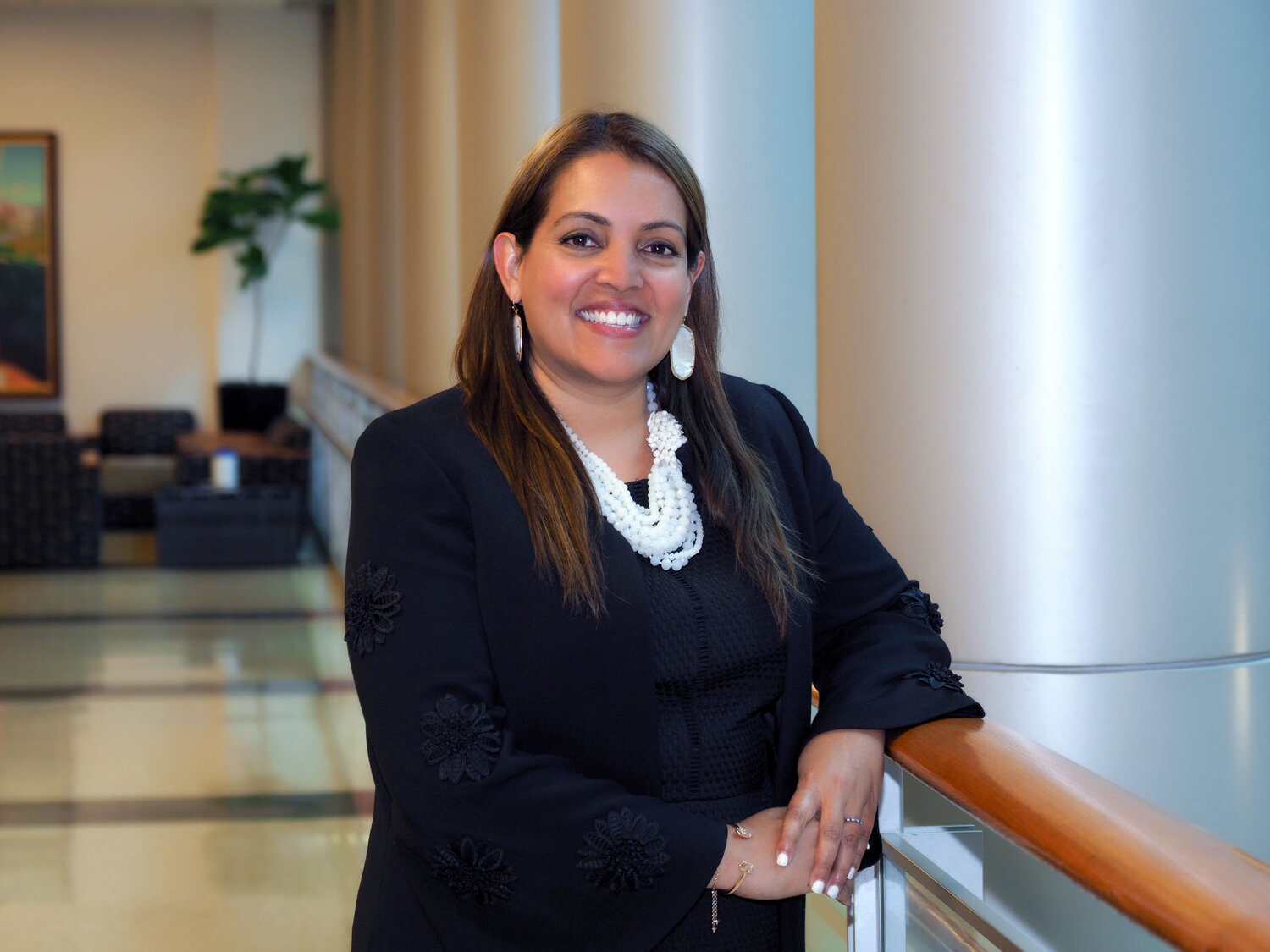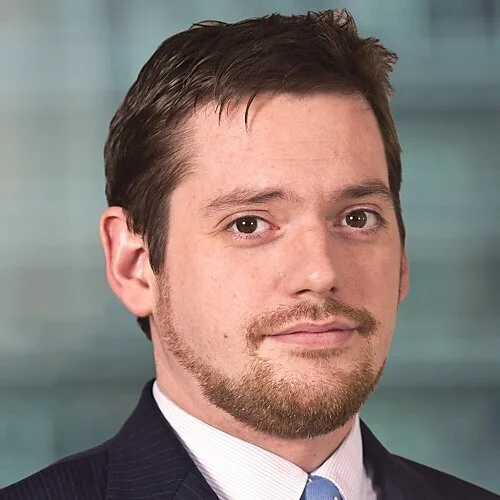Educational Program: "Vaccine Passports"
COVID-19 digital passports, also known as immunity passports or certification programs, have been floated as a way to safely get people back to work, school, and social activities. Vaccination is now required to enter concerts, gyms, and other leisure events in Israel; New York State is testing its digital "Excelsior Pass" in professional sports arenas; and the European Union, China, and some other nations are considering vaccine passports at their borders. These programs could help reboot economies and protect public health. Digital health platforms, however, may compromise privacy and entrench existing inequities. This educational program for foreign and American correspondents hosted by the Association of Foreign Press Correspondents (AFPC-USA) in partnership with the National Press Foundation will explore the many legal, ethical, and public health challenges posed by COVID-19 vaccine passports.
This program is funded by Bayer.
The Association of Foreign Press Correspondents in the United States and NPF are solely responsible for the content.
WHEN: Tuesday, July 20th at 10 AM EDT
CLICK HERE TO REQUEST REGISTRATION
Lecturers:
Professor I. Glenn Cohen is one of the world's leading experts on the intersection of bioethics (sometimes also called "medical ethics") and the law, as well as health law. He also teaches civil procedure. From Seoul to Krakow to Vancouver, Professor Cohen has spoken at legal, medical, and industry conferences around the world and his work has appeared in or been covered on PBS, NPR, ABC, CNN, MSNBC, Mother Jones, the New York Times, the New Republic, the Boston Globe, and several other media venues. He was the youngest professor on the faculty at Harvard Law School (tenured or untenured) both when he joined the faculty in 2008 (at age 29) and when he was tenured as a full professor in 2013 (at age 34), though not the youngest in history. Prof. Cohen's current projects relate to big data, health information technologies, mobile health, reproduction/reproductive technology, research ethics, organ transplantation, rationing in law and medicine, health policy, FDA law, translational medicine, and to medical tourism – the travel of patients who are residents of one country, the "home country," to another country, the "destination country," for medical treatment. He is the author of more than 150 articles and chapters and his award-winning work has appeared in leading legal (including the Stanford, Cornell, and Southern California Law Reviews), medical (including the New England Journal of Medicine, JAMA), bioethics (including the American Journal of Bioethics, the Hastings Center Report), scientific (Science, Cell, Nature Reviews Genetics) and public health (the American Journal of Public Health) journals, as well as Op-Eds in the New York Times and Washington Post.
Julian Sanchez is a senior fellow at the Cato Institute and studies issues at the busy intersection of technology, privacy, and civil liberties, with a particular focus on national security and intelligence surveillance. Before joining Cato, Sanchez served as the Washington editor for the technology news site Ars Technica, where he covered surveillance, intellectual property, and telecom policy. He has also worked as a writer for The Economist’s blog Democracy in America and as an editor for Reason magazine, where he remains a contributing editor. Sanchez has written on privacy and technology for a wide array of national publications, ranging from the National Review to The Nation, and is a founding editor of the policy blog Just Security. He studied philosophy and political science at New York University.
Professor Seema Mohapatra is an expert in the areas of biotechnology and the law, public health law, reproductive justice, law and gender, and racial and health equity. Professor Mohapatra earned her Juris Doctorate at Northwestern University School of Law, her Master of Public Health in chronic disease epidemiology at Yale University, and her bachelor’s degree with a major in Natural Sciences and a minor in Women’s Studies from Johns Hopkins University. During the COVID-19 pandemic, she has written about various issues including structural racism, mask mandates and racial discrimination, mask mandates and disability law, vaccine passports, advance directives, health justice, and online teaching. Professor Mohapatra is also regularly consulted by the media for her expertise, and she serves on the national Ethics Advisory Committee at the UNMC Global Center for Health Security. . Her scholarship was featured recently in the New York Times, The Atlantic, Bloomberg News, Vox, and the Indy Star. Professor Mohapatra earned the Dean’s Fellow title and award at Indiana University Robert H. McKinney School of Law in 2018-2019 and 2019-2020 for outstanding scholarship while she was a tenured professor there. Professor Mohapatra is currently serving as the Murray Visiting Professor of Law at SMU Dedman School of Law in Dallas, Texas.
Moderator:
This educational program will be moderated by Dawn Kissi, board member of Club of the Association of Foreign Press Correspondents in the USA (AFPC-USA Club). Dawn Kissi is an award-winning journalist, executive producer, strategist, and entrepreneur. She is the Co-Founder of Emerging Market Media, a New York-based digital-first media firm that publishes Emerging Market Views, a global platform delivering news, expert analysis, opinion and multimedia on the world emerging and frontier economies. Her journalism career began in New York City and she has since reported from a number of countries covering global business, finance, and world markets. For the past decade, she has reported and produced extensively on the emerging and frontier markets and the geopolitics surrounding them, including for the global business network CNBC.com as a Special Writer/Correspondent. She has worked as a staff reporter in some of the world's prominent newsrooms as well as niche publications. A multi-lingual, first-generation American and native New Yorker, she earned a Master of Science in Journalism from Columbia University's Graduate School of Journalism and a B.A. from Queens College, the City University of New York (CUNY).






